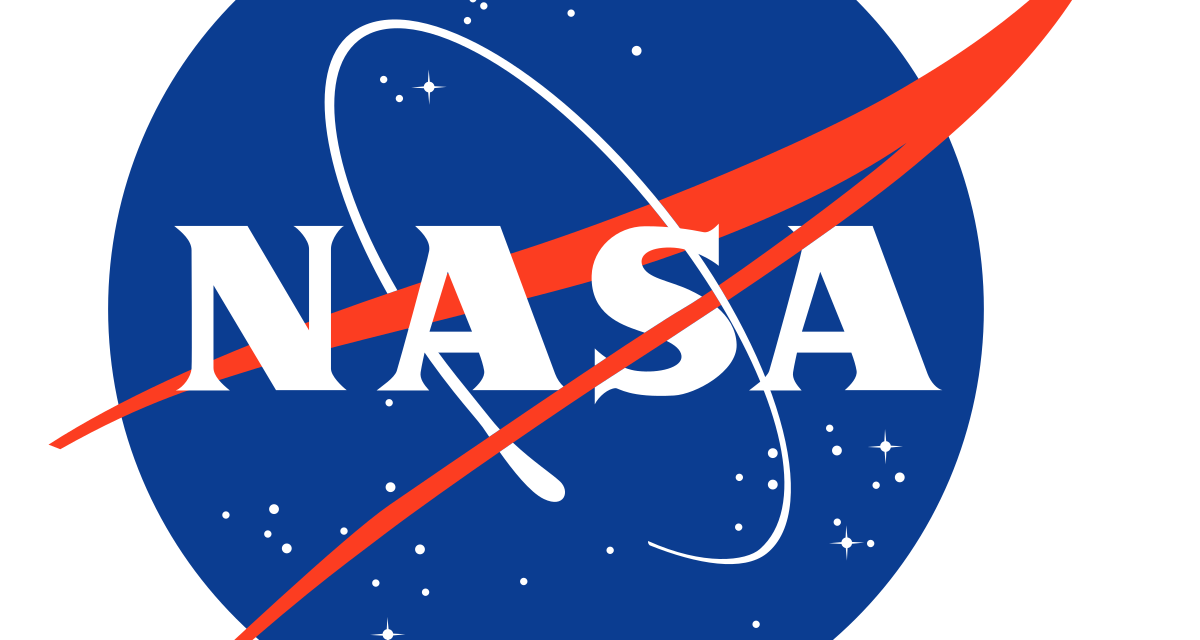Project Desciption:
Climate change in the Arctic and Boreal regions is unfolding faster than anywhere else on Earth, resulting in reduced Arctic sea ice, thawing of permafrost soils, decomposition of long-frozen organic matter, widespread changes to lakes, rivers, coastlines, and alterations of ecosystem structure and function. NASA’s Terrestrial Ecology Program is conducting a major field campaign, the Arctic-Boreal Vulnerability Experiment (ABoVE, https://above.nasa.gov/), which seeks a better understanding of the vulnerability and resilience of ecosystems and society to this changing environment through the intersection of field, remote sensing (airborne and satellite), and modeling research. This area is home to a number of ethnically and culturally distinct Indigenous and non-Indigenous people that have unique and significant political relationships with tribal, state, territorial and federal governments. The region contains important natural resources of economic, cultural, and aesthetic value, which provide a wide range of ecosystem services at local, regional, national, and international scales. Decision-makers and land managers at all levels recognize that improved scientific knowledge on the impacts of climate and environmental change, and an understanding of how society is responding to these changes, is imperative to inform the development of sound policies and management strategies. The ABoVE campaign seeks a highly motivated and organized individual working towards a bachelors or graduate degree in one of the following fields: environmental/earth science, anthropology, Indigenous studies, circumpolar studies, or environmental studies. The intern will conduct an evaluation of ABoVE science projects within the context of other research and monitoring activities to identify relevant existing and new stakeholders for ABoVE products. At the same time, the intern will assess stakeholder needs and data gaps that could potentially be filled by future ABoVE research activities. The successful candidate will have excellent interpersonal and communication skills and familiarity with issues surrounding knowledge co-production, decolonizing science, social networks, and stakeholder engagement.
Funding:
Goddard Space Flight Center
Internship
Office setting
Funding Available – I anticipate funding being available
Technical Skills:
Desirable, not required, to have experience with social surveys or other qualitative data analysis.
Other Skills:
Effective communicator, organized.
Academic Levels:
College Freshman; College Sophomore; College Junior; College Senior; Master’s; Doctorate
Majors:
Biological Science – Biology; Communication – Media Studies; Communications – Public Relations / Advertising / Applied Communication; Liberal Arts and Sciences / General Studies and Humanities; Multi-disciplinary – Intercultural/Multicultural and Diversity Studies; Multi-disciplinary – Interdisciplinary Studies / General; Multi-disciplinary – International/Global Studies; Multi-disciplinary – Natural Sciences; Multi-disciplinary – Science / Technology and Society; Social Science – Anthropology; Social Science – Geography and Cartography; Social Science – Social Sciences / General




